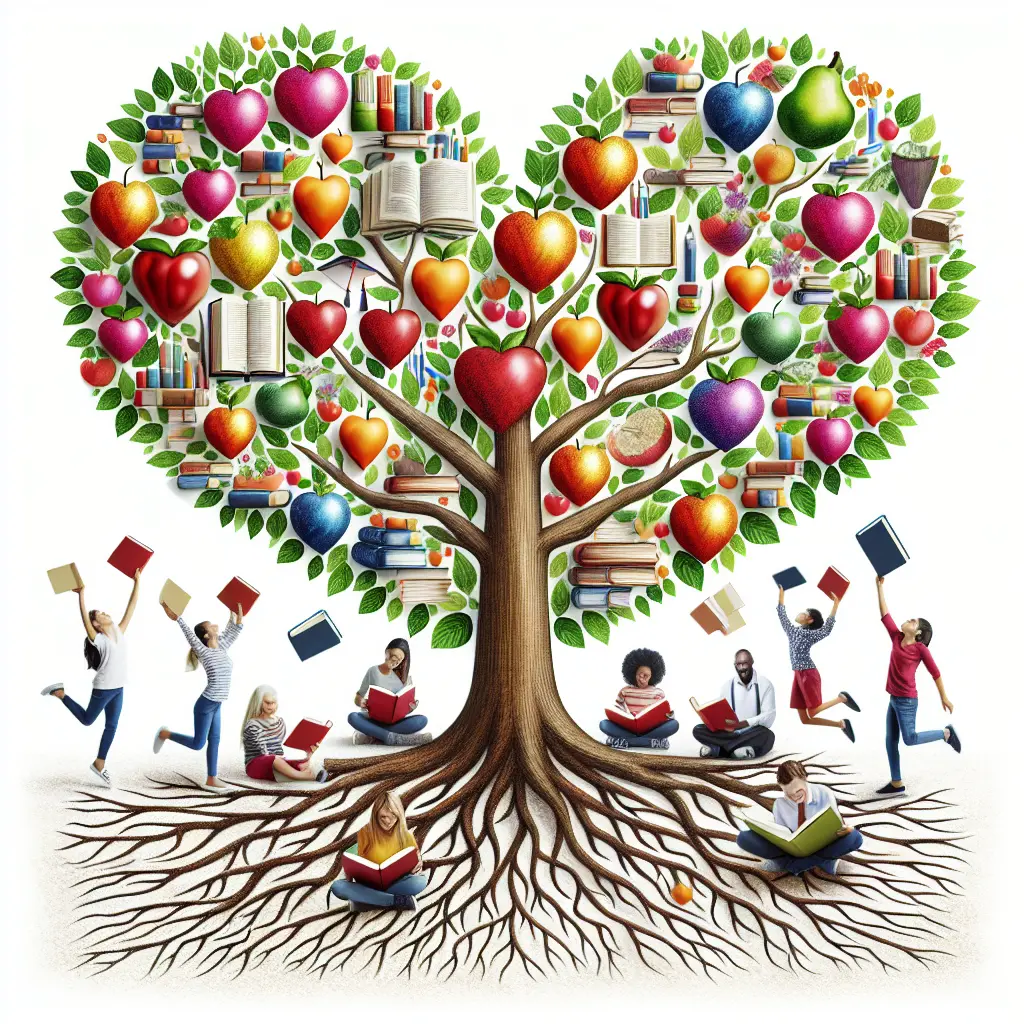
In today's fast-paced world, the ability to adapt and learn continuously is not just an asset—it's a necessity. A growth mindset, characterized by a willingness to embrace challenges, view setbacks as learning opportunities, and persist in the face of obstacles, is fundamental to lifelong learning and personal development. As we explore how to cultivate this mindset, recent innovations and insights provide valuable context.
The Role of Technology in Fostering a Growth Mindset
Incorporating technology into learning strategies can significantly enhance the cultivation of a growth mindset. Platforms like LuminaPay are revolutionizing how businesses and individuals engage with financial transactions by offering a comprehensive suite of cryptocurrency payment solutions. This innovation encourages users to adopt new technologies, fostering adaptability—a key component of a growth mindset. By embracing such advancements, lifelong learners can navigate the evolving digital landscape with confidence.
Similarly, the introduction of CARMEN, a tabletop robot developed by the University of California San Diego, highlights how technology can support cognitive development. This robot helps individuals with mild cognitive impairment improve their mental skills from the comfort of their homes. The use of CARMEN emphasizes the importance of integrating growth mindset strategies in personal development, showcasing how innovative tools can enhance one's ability to adapt and thrive in changing environments.
Setting and Achieving Goals: A Growth Mindset Approach
As we move into 2024, setting and achieving goals remains a cornerstone of personal and professional development. According to experts, the key to not letting resolutions fizzle out is to align them with your overarching purpose—a critical element in cultivating a growth mindset. Understanding your "why," as highlighted in discussions on The Power of Purpose, not only boosts mental resilience but also fuels personal growth.
To effectively set and crush your goals, consider adopting the SMART criteria—Specific, Measurable, Achievable, Relevant, Time-bound—ensuring that your aspirations are both realistic and challenging. A growth mindset encourages viewing each step towards these goals as an opportunity for learning and self-improvement, transforming obstacles into milestones.
Leadership Development: Nurturing a Growth Mindset
The ever-changing demands of today's world necessitate robust leadership development strategies. Recent insights suggest that cultivating a growth mindset is pivotal for leaders looking to thrive amidst constant change. By embracing continuous learning and adaptability, leaders can better navigate complexities, fostering environments that encourage innovation and resilience.
For those seeking to enhance their leadership capabilities, consider exploring resources like Leadership Development in Today’s Ever-Changing World from Harvard Business Review. These insights provide practical strategies for developing a learning mindset, enabling leaders to harness the full potential of their teams while driving organizational success.
Career Development for Generation Z: Embracing Continuous Learning
For Generation Z entering the workforce, career development presents unique challenges and opportunities. With 40% of employers reportedly hesitant to hire Gen Z workers, as noted in Career Development Tips For Generation Z Entering The Workforce, it's crucial for this cohort to leverage growth mindset strategies to stand out.
Developing a growth mindset involves actively seeking feedback, embracing constructive criticism, and continuously seeking new knowledge and skills. By fostering resilience and adaptability, Gen Z professionals can not only meet but exceed employer expectations, turning challenges into stepping stones for career advancement.
Addressing Systemic Barriers: A Growth Mindset Perspective
While personal resilience is often emphasized in discussions about gender equality, it's essential to address systemic barriers that hinder progress. The notion that "leaning in" alone can resolve these issues may undermine broader equality efforts, as discussed in Why Asking Women To Lean In Undermines Gender Equality Efforts.
A true growth mindset involves recognizing and addressing systemic challenges while cultivating individual resilience. By advocating for change at both personal and systemic levels, we can create environments that support continuous learning and development for everyone.
Conclusion: Embrace the Journey of Lifelong Learning
Cultivating a growth mindset is an ongoing journey that requires intentional effort and reflection. By integrating technology, setting purposeful goals, developing leadership skills, and addressing systemic barriers, individuals can unlock their full potential as lifelong learners.
As you embark on this journey, remember that each challenge you face is an opportunity for growth and self-improvement. By embracing a positive mindset and leveraging innovative tools and strategies, you can thrive in the ever-evolving landscape of personal and professional development.
I invite you to share your experiences and insights on cultivating a growth mindset. What challenges have you turned into opportunities for growth? How have you leveraged technology or leadership skills in your journey? Your stories could inspire others on their path to lifelong learning.
Warm regards,
Stephanie Keaton